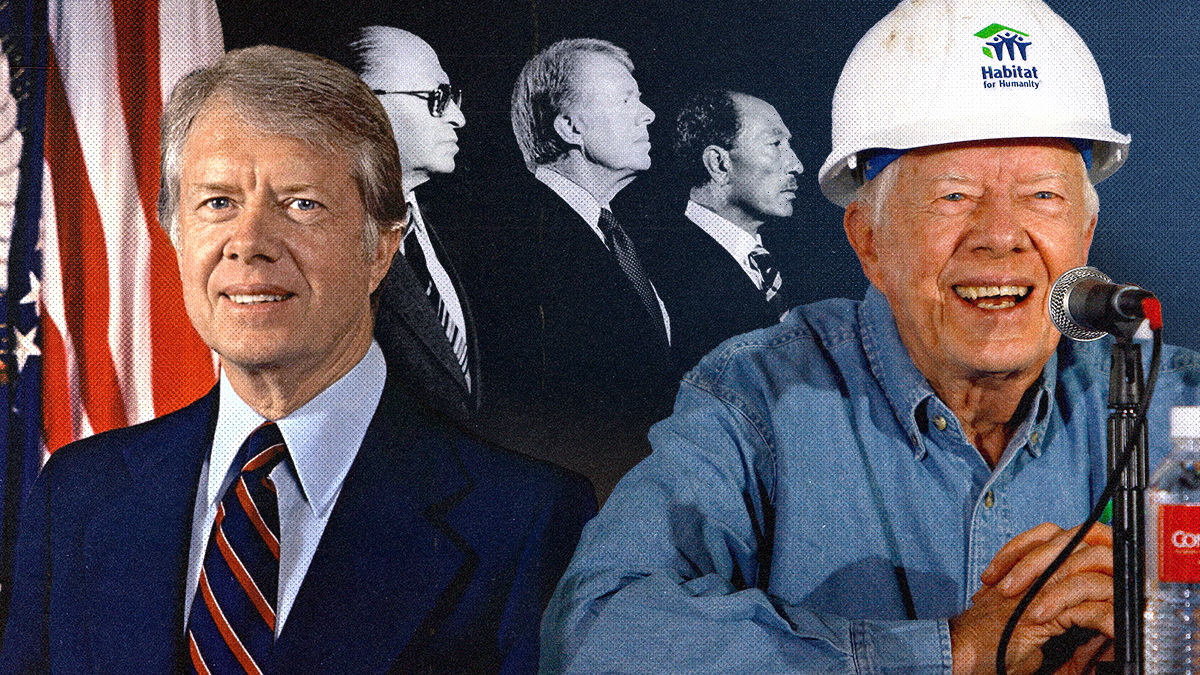We Georgians have always had mixed feelings about Jimmy Carter, who died today, Dec. 29, 2024, at age 100.
I was 12 when he was elected president, and I remember many people I knew, even some who liked him and voted for him, felt he’d been a mediocre Georgia governor who’d won the White House by accident. They dismissed him as simply the charming everyman America needed to purge the nation of the cynicism and disgust that flowed from the war in Vietnam and the Watergate scandal. Many Georgians felt he was in over his head.
As president, he had his accomplishments, none bigger than brokering peace between Israel and Egypt. But to many, he never seemed forceful enough for the job. In 1979 came the famous “malaise speech” in which he told Americans facing high inflation, high unemployment, and an energy crisis (I remember waiting in line 45 minutes with my mother to buy gasoline) that they should turn inward and reconsider their values.
The long hostage crisis in Iran made Carter seem small and lost. In 1980, Ronald Reagan easily defeated him, making Carter the first president to lose a bid for re-election since Depression-era Herbert Hoover in 1932.
But ask a Georgian today, or any day, what they think of Jimmy Carter now, and you’ll hear some variant of: “A disappointing president, but a truly good man.”
That’s because, after his stinging defeat, Carter spent decades helping to build homes for people who couldn’t afford them, building the Carter Center as a global philanthropic organization of note, and offering his services wherever they might be accepted. These were his greatest achievements.
Jimmy Carter wasn’t a political performer. He farmed peanuts. He served in war. He and his late wife Rosalynn supported one another through 77 years of marriage. For decades, he taught Sunday school every Sunday. He made peace.
Rest in Peace, Jimmy.Willis Sparks is a senior writer for GZERO Daily — and a native Georgian.
